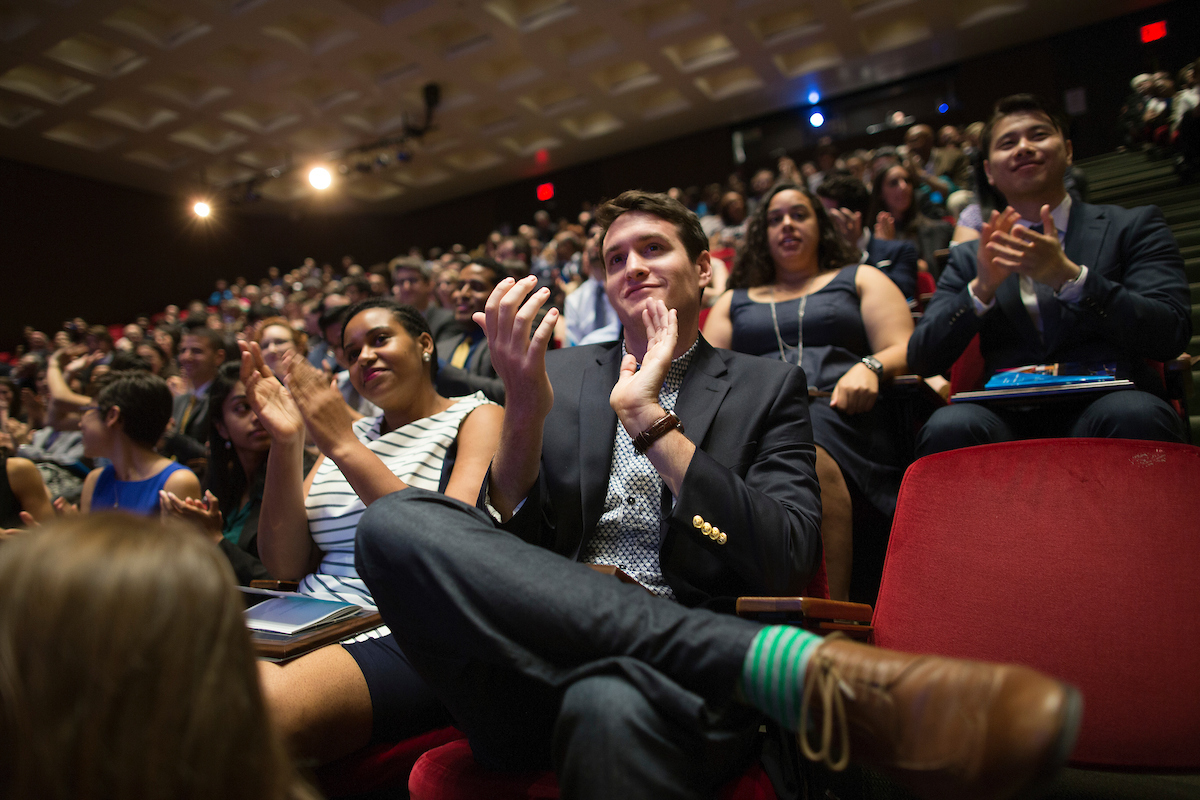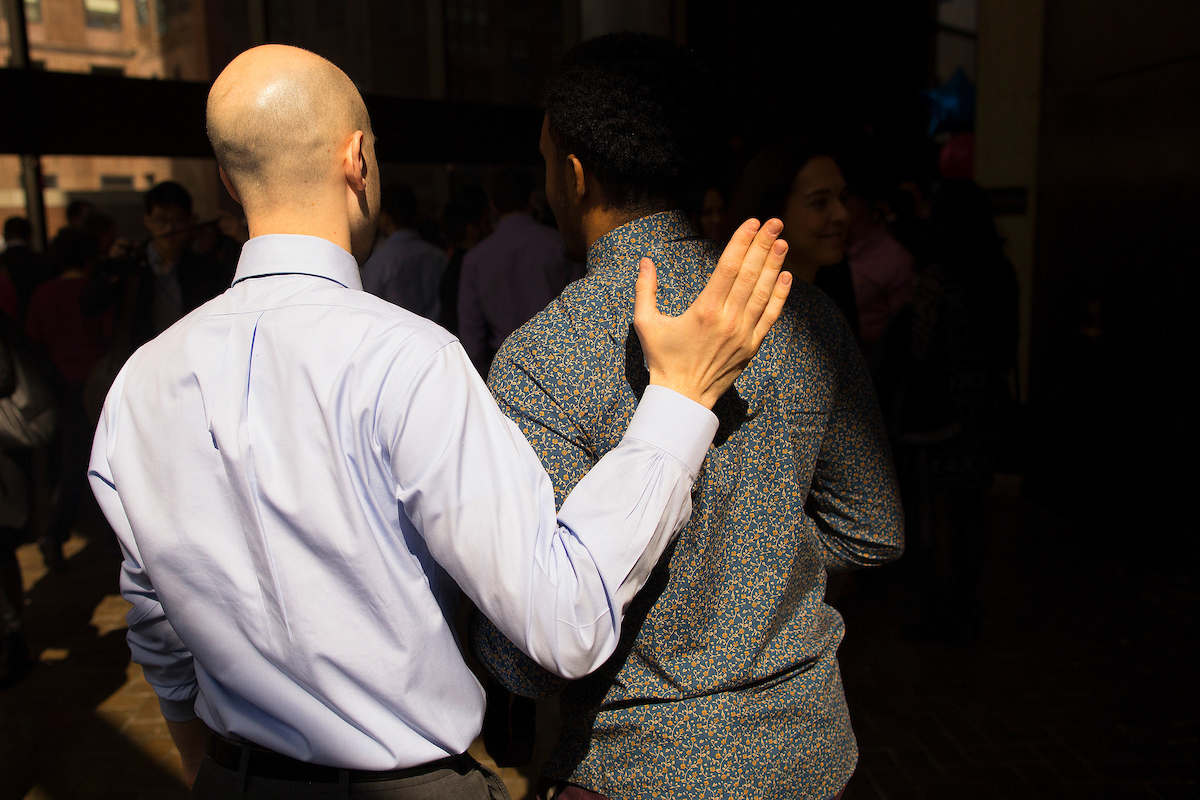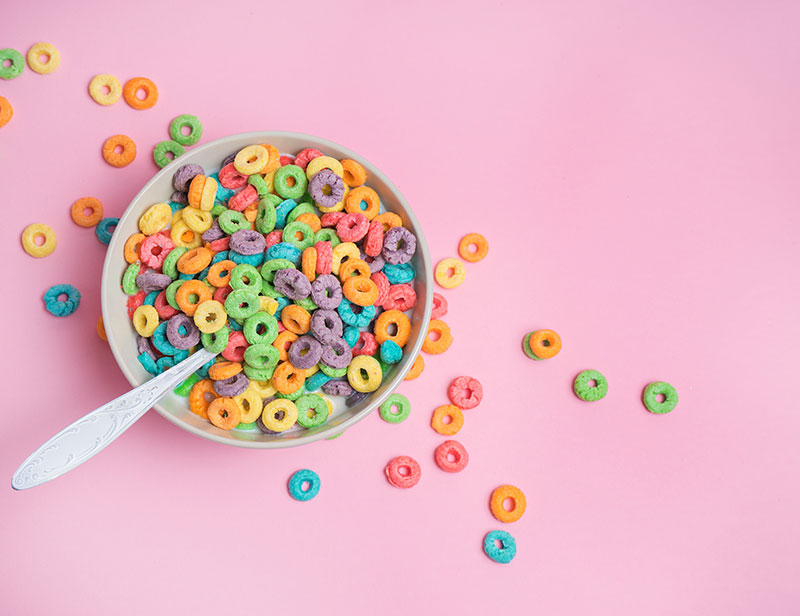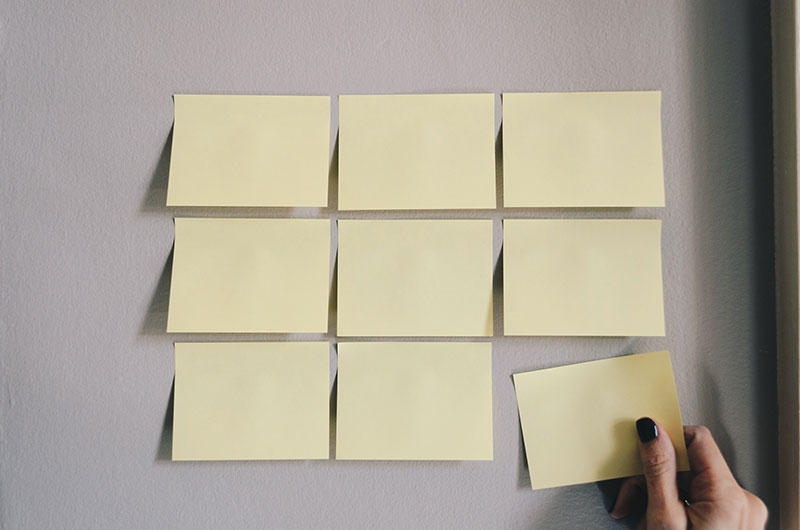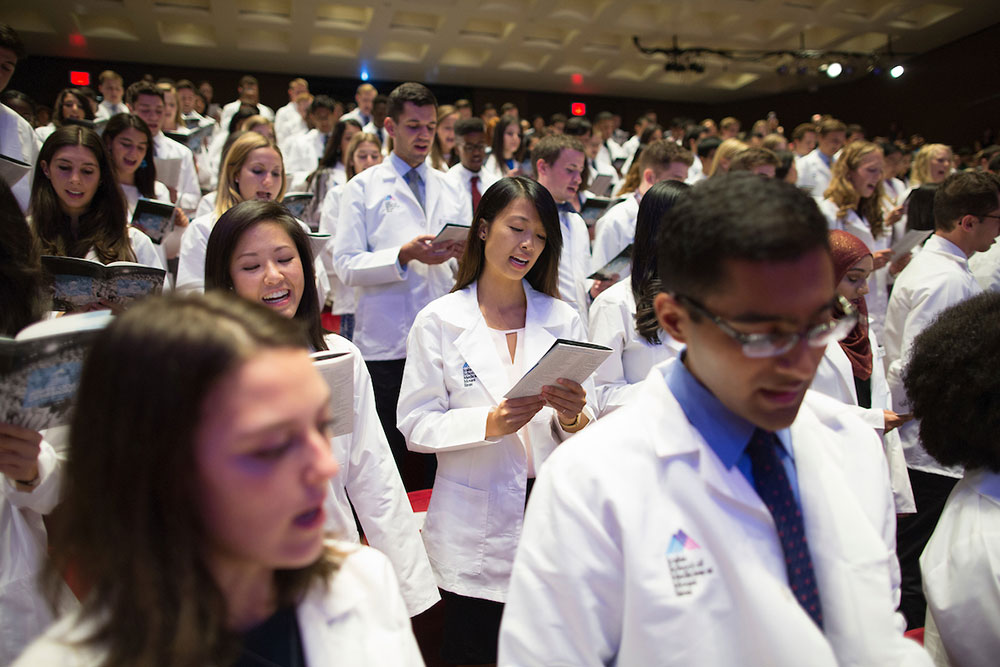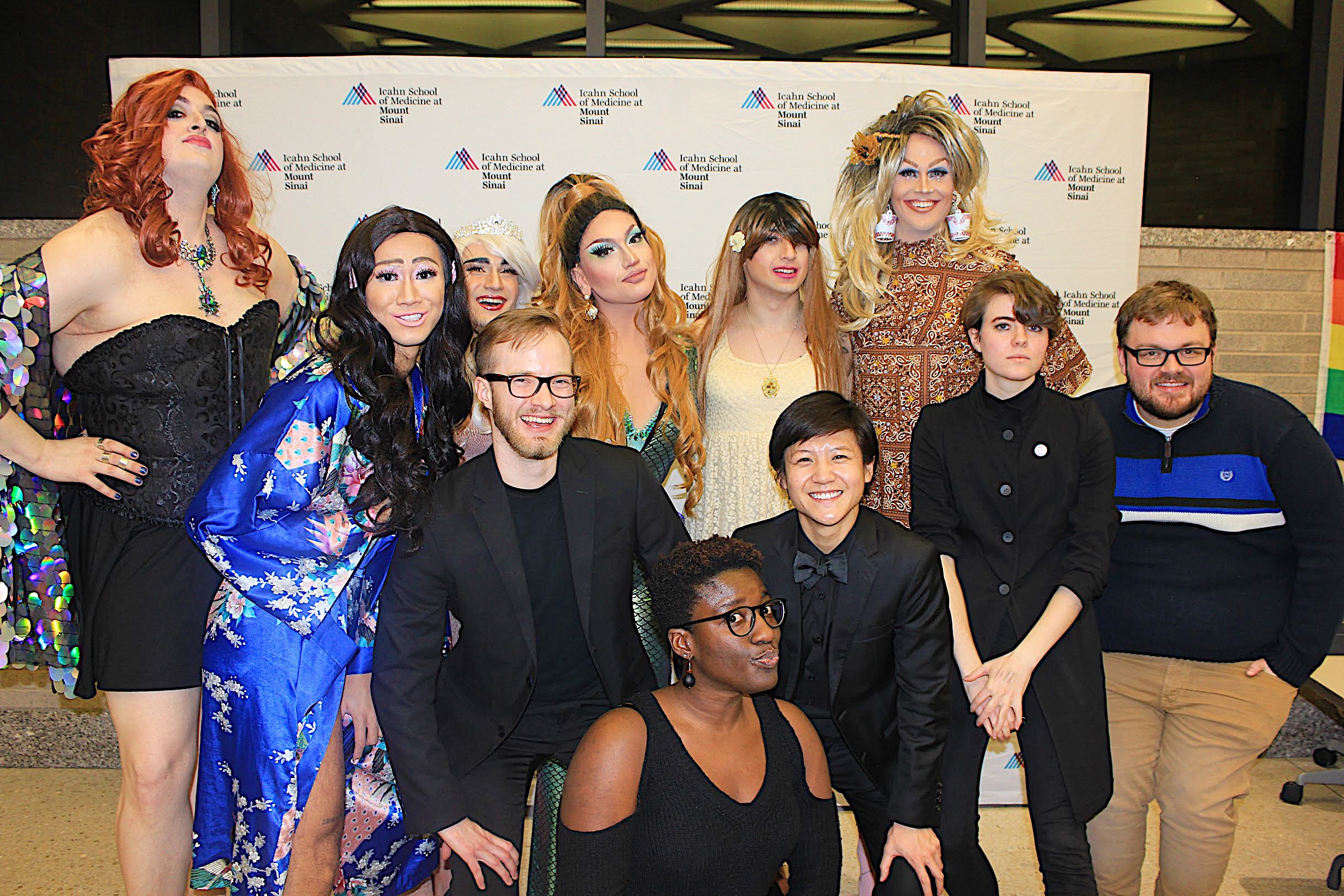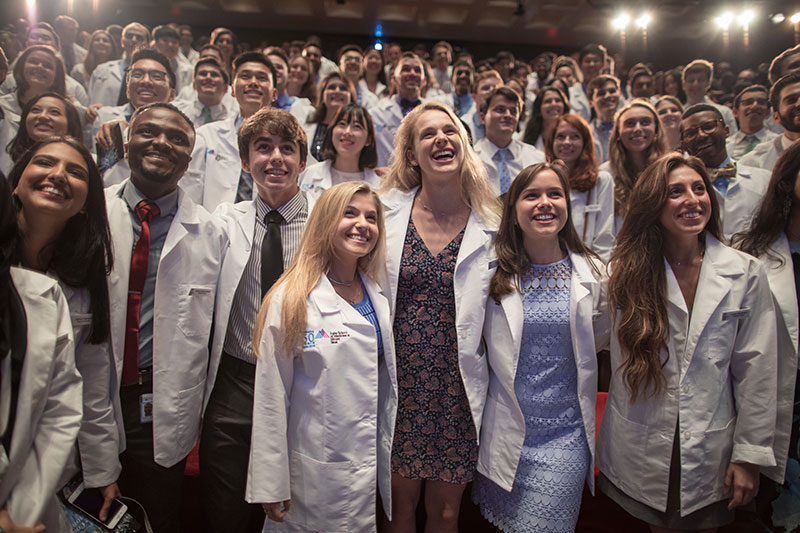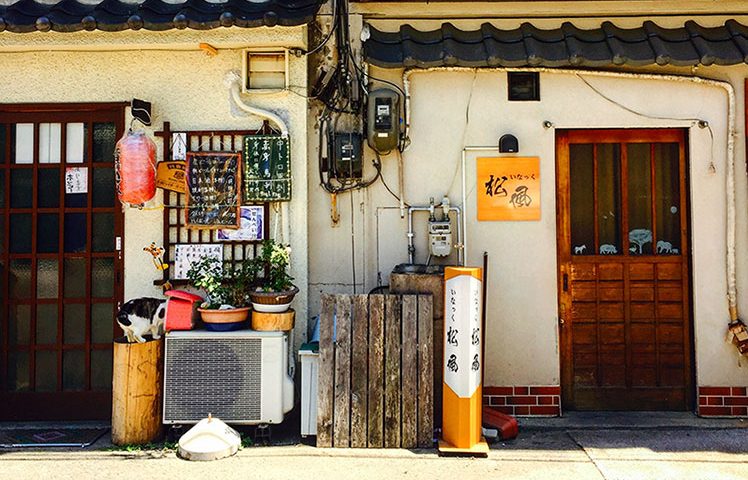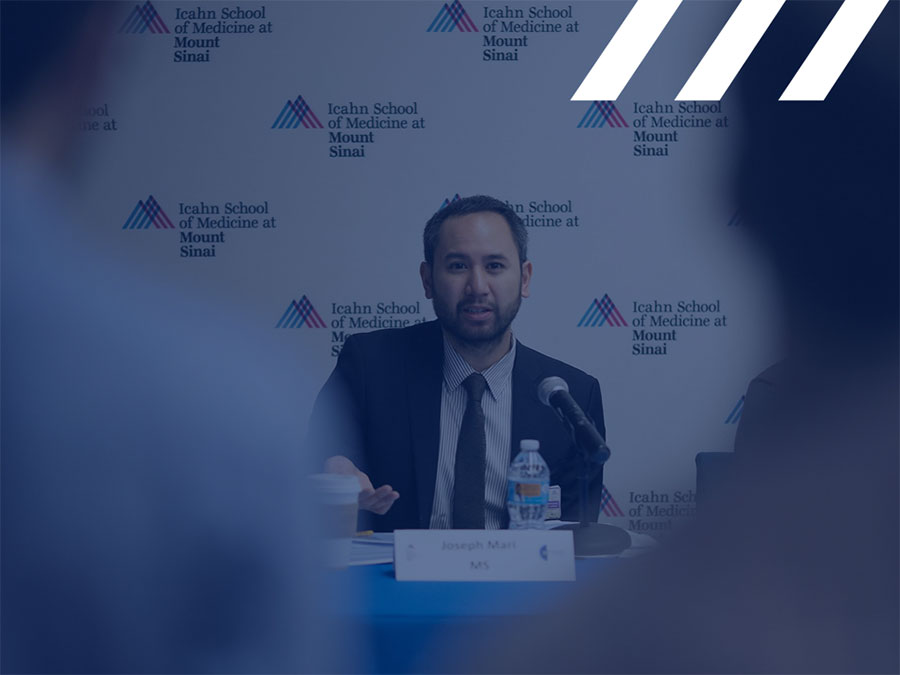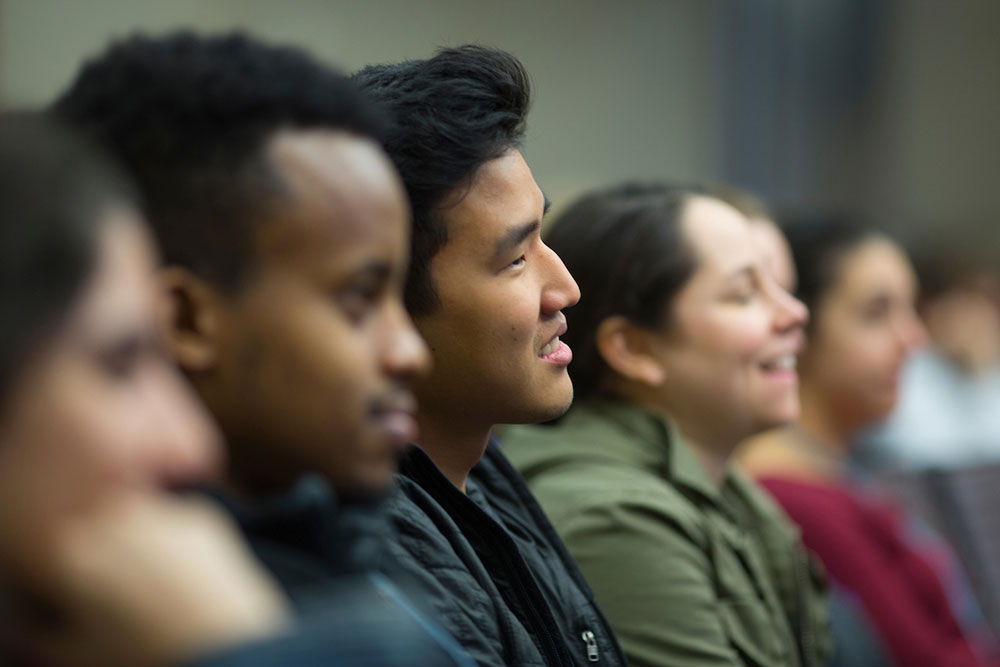We invited positive psychology practitioner, Jordyn Feingold, MAPP to share her tips on improving well-being while in medical school. Jordyn, in a week-long series, will explore the concepts of REVAMP—a novel approach to well-being. Here, she discusses the fourth element of the model: accomplishment.
For medical students, having a sense of accomplishment is not a foreign concept. The medical school process alone (and the intermediary steps to becoming a physician), requires a significant amount of achievement and focus from childhood—both inside and outside of the classroom. We have endured extensive application cycles, interviews, standardized testing, and oftentimes, moving away from home and loved ones to pursue our dream of practicing medicine. Chances are if you are in medical school, you are already quite the achiever.
Accomplishment is often believed to be a zero-sum game, meaning a person’s success is contingent upon another person’s failure. How does this relate to medicine? While we as medical students are largely driven by the desire to help people (namely our future patients and society at large), it seems as though we have been continuously demanded to adopt a self-oriented drive to outperform our colleagues.
For me, this began in college. Premed students competed for the select number of A’s that were given out in science courses—which were often graded on a bell-curve to ensure a proportionate distribution throughout the class. Similarly, medical schools and residency programs only have a select number of spots, and nailing one of them requires survival of the fittest to outperform your peers. This constant pressure to achieve can be damaging for medical trainees and proliferate burnout. While this schema may be driven both by the competitive nature of medicine and by nature of medical students themselves, we can all break down this element of medical culture by pursuing what I call ‘positive accomplishment.’
Positive accomplishment involves re-conceptualizing achievement to serve one’s greater purpose—yielding engagement, positive emotions, and positive relationships in the process. It requires believing that success is not achieved in isolation, and that no medical student is an island; rather, the highest levels of achievement may come with adopting a view of otherishness: successfully working toward one’s own personal goals while also focusing on helping others. In other words it is being “willing to give more than you receive, but still keeping your own interests in sight, using them as a guide to choose where, how, and to whom you give.”
For medical students, learning to align one’s desire to achieve with the desire to help others, an inherent component of medicine, is hugely important for well-being in medical school. While we most likely entered medical school to help patients, we can also help each other, as fellow students, to flourish.
How can you successfully implement otherishness? Adopt these practices to build personal resources, develop relationships, combat burnout, and ensure one’s highest levels of achievement:
| Prioritize you own needs.
|
“Put the oxygen mask on yourself before helping others around you.” If you’ve been on an airplane, you’ve heard the spiel. By prioritizing your own needs and employing self-compassion,you will be recharged to be able to help others in the future, and avoid burnout.
|
| Be a chunker—not a sprinkler.
|
Having an open-door policy for helping others can put you at risk from losing time devoted to your own goals. Research shows that you get more psychological benefits when you chunk good deeds in shorter periods of time rather than sprinkling them throughout the week. Set chunks of prosocial time in the calendar to ensure a balance between what you give others and yourself.
|
| Know when to say, “No.”
|
Be discerning: Do not automatically agree to every favor that is asked of you. Be critical, screen for sincerity, and ensure that you are qualified to help.
|
| Ask for help more often.
|
Give others the gift of giving. Ask for help in areas that you are lacking and allow someone else to be energized by helping you.
|
| Consider others.
|
Be compassionate toward your peers and try to understand what they are going through.
|
| Seize energizing opportunities. | Help people in ways that correspond with your strengths and interests. Helping a friend in the course that comes most naturally to you may be a great way to keep yourself motivated, reinforce the material, and also help another person succeed.
|
| Reflect on your impact.
|
After you help someone, take a moment to consider the impact that you’ve had on them and reap the emotional and motivational benefits. Doing this has been shown to motivate individuals to continue giving.
|
| Build a team.
|
Recruit other friends or colleagues to join you in a help request to give even more people the gift of giving. This will also help reduce resource demands, protecting each individual from burnout, and can forge bonds between more people and build a community around helping. |
We are in this together, and I believe what the research supports: We are much better off when we help each other. When it comes to personal trials and tribulations, schoolwork, career planning, and other life goals, we are stronger and more successful when we work together.
ABOUT THE AUTHOR
 Jordyn Feingold is a first-year medical student at the Icahn School of Medicine. She is passionate about integrating the science of well-being into medicine and creating cultures that enable practitioners and patients to thrive. Jordyn completed her undergraduate studies in Health and Societies as well as her Master’s of Applied Positive Psychology (MAPP) at the University of Pennsylvania. For more information about positive psychology or the REVAMP theory, reach out to her at: Jordyn.Feingold@icahn.mssm.edu.
Jordyn Feingold is a first-year medical student at the Icahn School of Medicine. She is passionate about integrating the science of well-being into medicine and creating cultures that enable practitioners and patients to thrive. Jordyn completed her undergraduate studies in Health and Societies as well as her Master’s of Applied Positive Psychology (MAPP) at the University of Pennsylvania. For more information about positive psychology or the REVAMP theory, reach out to her at: Jordyn.Feingold@icahn.mssm.edu.

